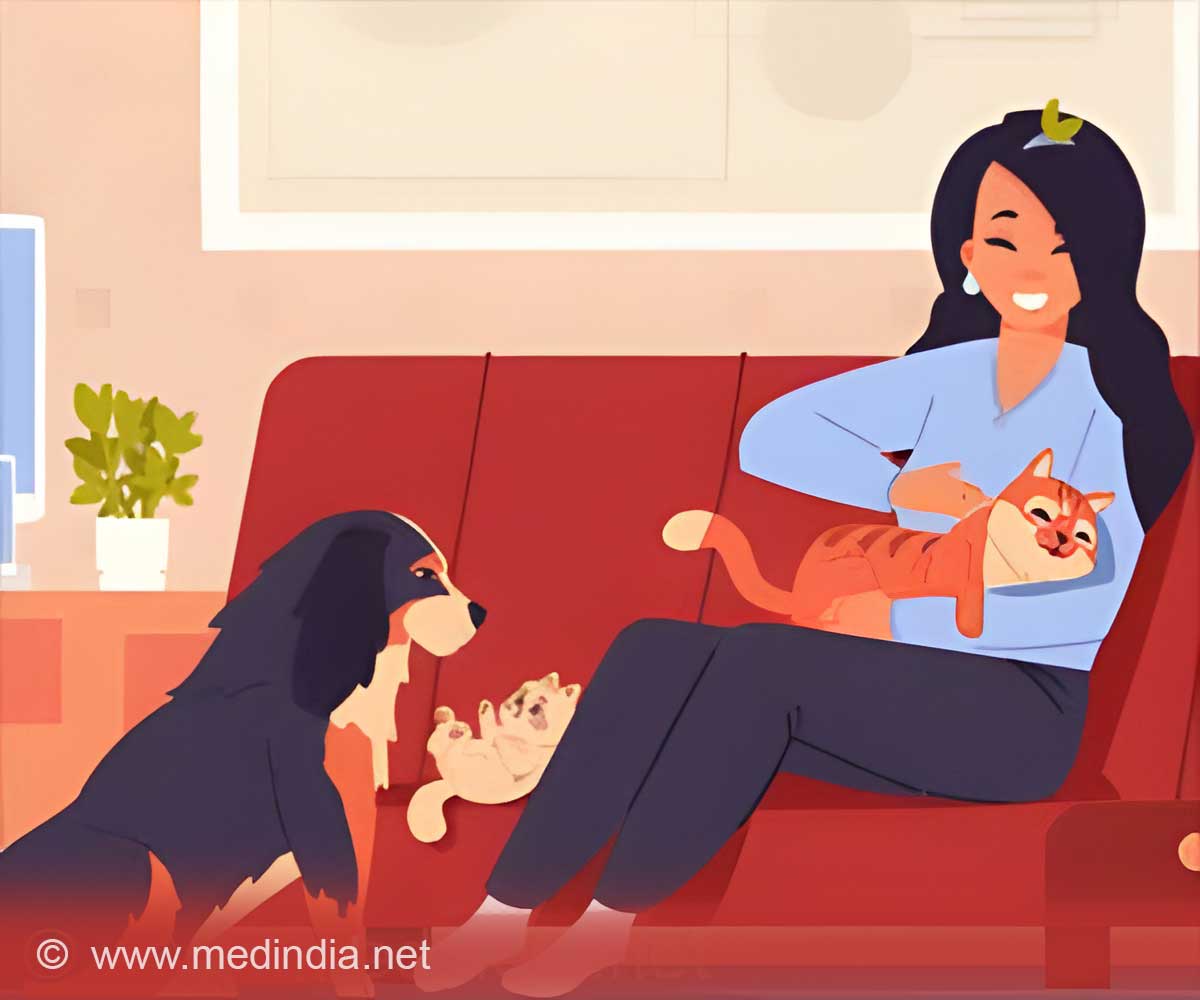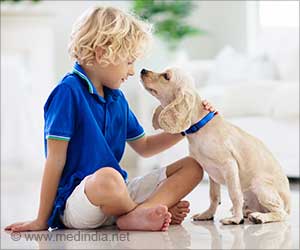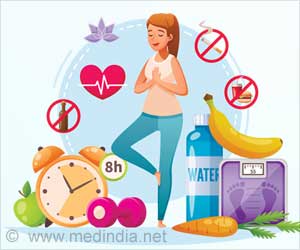Winter season is here, it may totally affect your pet’s eating habits. Here are a few winter nutrition tips to take care of your dogs and cats and keep them safe this cold weather.

Winter Nutrition for Pets
Pets who are expecting, nursing, or have diabetes have special dietary needs. An adequate diet is essential to prevent or treat health diseases like obesity, diarrhea, arthritis, thyroid, and other conditions. The majority of pet diets do not meet nutritional needs and must be supplemented with nutritious toppers like Henlo. The immune system and metabolism of your pet are supported by these nutrients.‘Do pets get dehydrated in winter? Yes, most pets don't drink enough water in the winter, so make sure to include it in their meals and help them stay well hydrated.’
Read More..




Like other seasons, winter can have an impact on your pet's appetite. Because they require a little more fat to stay warm and prevent freezing, pets eat more during the winter. Pets will move less and exercise less when the temperature drops. Their metabolism slows down as a result, and they eat fewer calories. In this situation, individuals should eat fewer foods that are low in calories and carbs and high in fiber, protein, vitamins, and minerals. Read More..
How to Feed Pets During Cold Weather
Here are some tips by Dr. Shatanu Kalambi, chief vet, Supertails.comFor dogs, increase the calorie nutrition in their diet
Even though dogs love to play and go outside, during winter even they become lazy. According to research, dogs exposed to cold temperatures require two to three times the calories than dogs exposed to more moderate temperatures. The increased calorie intake produces greater fat storage and insulation while minimizing and balancing for the calorie loss caused by shivering.
Always serve warm food to aid in digestion
Aren't you warming up for your food multiple times during winter? Well, dogs are no different. Dogs digest food similarly to humans, therefore, we should infer that warm meals help them similarly to how they benefit us.
Advertisement
Consider giving supplements or a nutrition topper
If you haven't already understood the gist of how similar your dog is to you. Here is another important factor which will make you understand the similarity even more. Just like humans need some extra supplements since we're not always on top of our diets, as the weather changes, many pets' eating habits change as well. To ensure that they are getting the proper amount of nutrition, you can add supplements to their diet or top up their meals with nutrition topper.
Advertisement
Keep an eye on their coat and behavior for signs of nutritional deficiencies
You know how your knees ache and back ache, how you have spots on your body due to deficiency. Similarly, pets, like humans, can exhibit indications of malnutrition, such as dull, brittle coats and dry, flaking skin. Check for these symptoms and make the necessary dietary modifications.
Since most pets don't drink much water in the winter, be sure to include it in their meals so they keep hydrated and always have access to fresh water.
Source-IANS











